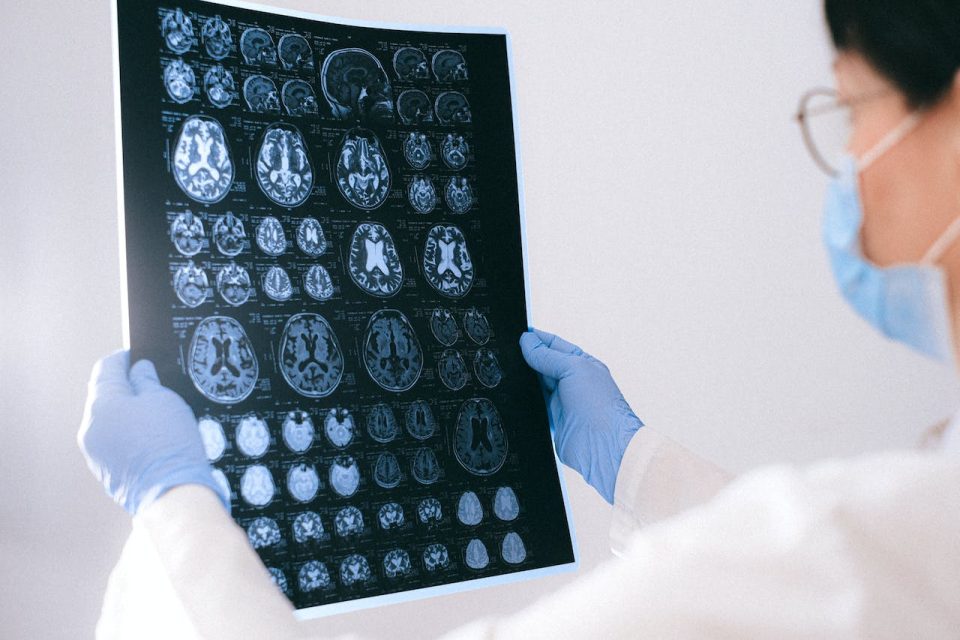BioVie Inc, a clinical-stage company, witnessed a significant decline in its stock value as the company released topline efficacy data from its Phase 3 trial of NE3107, a potential treatment for mild to moderate Alzheimer’s disease. The stock, which closed Tuesday’s trading session at $4.99, experienced a sharp drop on Wednesday morning, opening at $1.62.
At the time of this publication, BioVie Inc stock (BIVI) has witnessed a decline.
BioVie Inc
Current Price: $1.89
Change : -3.10
Change (%): (-62.19%)
Volume: 4.6M
Source: Tomorrow Events Market Data
BioVie attributed the stock’s downturn to the Phase 3 trial results, revealing that the study failed to achieve statistical significance due to numerous exclusions made during the course of the trial. The company clarified that the exclusions were a result of deviations from protocol and Good Clinical Practice (GCP) violations at 15 trial sites, almost all of which were concentrated in a single geographic area.
The Phase 3 trial for NE3107 commenced during the COVID-19 pandemic, a period marked by limited access to clinical sites. Despite these challenges, the trial enrolled a total of 439 patients across 39 sites. However, upon completion of the trial, BioVie identified significant deviations from the established protocol and GCP violations, prompting the exclusion of all patients from the implicated sites. The company reported these findings to the U.S. Food and Drug Administration (FDA) Office of Scientific Investigations (OSI) for further action.
Following the exclusions, the Modified Intent to Treat (MITT) population comprised 81 patients, with 57 falling into the Per-Protocol population. This subset included individuals who successfully completed the trial and were verified to have taken the study drug, as confirmed by pharmacokinetic (PK) data.
Despite the setback, BioVie highlighted data from evaluable patients, suggesting that NE3107’s treatment advantage over a placebo could be on par with or exceed the benefits observed with approved Alzheimer’s disease monoclonal antibodies. Furthermore, patients treated with NE3107 exhibited a 4.66-year advantage in age deceleration compared to the placebo, as measured by epigenetics/DNA methylation Skin Blood Clock.
Cuong Do, President and CEO of BioVie, expressed optimism about the potential therapeutic impact of NE3107, stating, “These data show NE3107’s treatment advantage over placebo to potentially be equal to or greater than data reported from clinical trials for the approved medications for AD without the associated safety concerns.” Do emphasized the adaptive trial design’s flexibility, allowing continued patient enrollment to advance the potential treatment for Alzheimer’s disease.
In a commendable display of integrity, Do acknowledged the company’s immediate action in identifying and reporting the problematic sites to the FDA for independent investigation. He underlined BioVie’s commitment to prioritizing the rights and well-being of study patients and maintaining the integrity of the clinical research process.
As BioVie navigates the aftermath of the Phase 3 trial results, investors and stakeholders eagerly await further discussions on the findings and potential partnerships to advance the development of NE3107 as a therapeutic option for Alzheimer’s disease.

